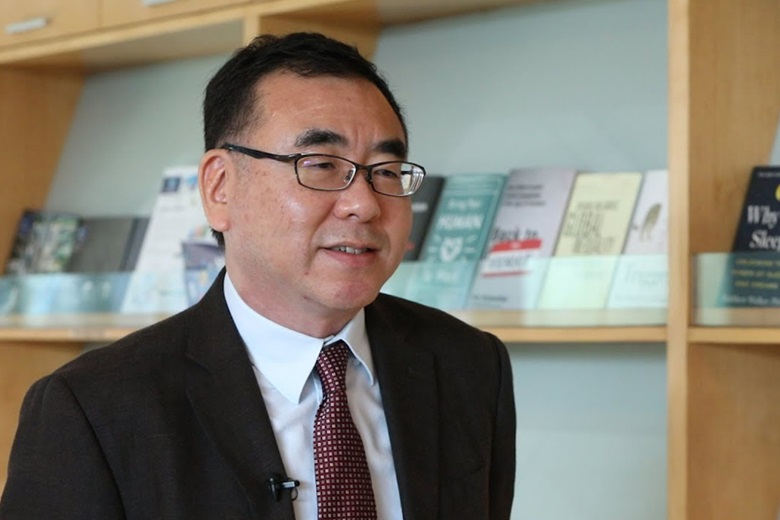More Reforms Needed to Rev Up Growth Potential, Says APEC Policy Support Unit

The Asia-Pacific region is projected to continue to grow in 2019 but at a decelerated pace of 3.8 per cent, down from 4.1 percent in 2018, according to the Policy Support Unit (PSU) of the Asia-Pacific Economic Cooperation (APEC).
Downside risks dominate, mainly relating to trade tensions, policy uncertainty, and debt and financial vulnerabilities on the horizon. In 2020, the APEC region is expected to grow moderately within the range of 3.5-3.7 percent.
Policies encompassing a broad range of sectors can be enacted to continue to support economic expansion in the region and rev up growth potential.
While domestic consumption has surpassed trade as the region’s main growth engine, there are, “different drivers of growth out there that are still untapped,” said Dr Denis Hew, Director of the PSU, which advises the 21 economies of the Pacific Rim region on economic analysis.
The PSU’s next semi-annual APEC Regional Trends Analysis (ARTA) report will be released on the sidelines of the upcoming meetings of the Ministers Responsible for Trade, scheduled for 17-18 May in Chile, the host economy of APEC 2019.
Multiple policy levers can brighten the region’s outlook, said Hew. First, maintain and accelerate consumer spending, by keeping monetary policy flexible where inflation is not a major concern and stepping up structural reforms to encourage more spending.
People tend to save too much when there is uncertainty and lack of access to quality basic services, Hew explained. “They have to save for education. They have to save for healthcare,” he said. “This is where structural reform of public services and social protection come into play.”
Other potential sources of growth include the digital economy and the services sector; both can contribute to growth by opening up trade and encouraging greater economic participation. Broadening opportunities, such as for small and medium-sized businesses and women-led enterprises, can spur growth and encourage more confidence in economic integration.
APEC’s growing focus on inclusion enables the forum to counter public perception that globalization leaves some groups behind. Chile has raised women’s economic empowerment as a policy priority in 2019 and economies are pursuing skills training programs. Hew said, “There is a lot of soul searching.”
The 2019 APEC Ministers Responsible for Trade Meeting will be opened on 17 May 2019 by Chile’s Minister of Foreign Affairs Roberto Ampuero and will be joined by business leaders from the APEC Business Advisory Council and APEC’s official observers – the Association of Southeast Asian Nations Secretariat, the Pacific Economic Cooperation Council and Pacific Islands Forum Secretariat.
# # #
For further details, please contact:
Dini Sari Djalal +65 9137 3886 at [email protected]
Michael Chapnick +65 9647 4847 at [email protected]
More on APEC meetings, events, projects and publications can be found on www.apec.org. You can also follow APEC on Twitter and join us on Facebook, LinkedIn and Instagram.

